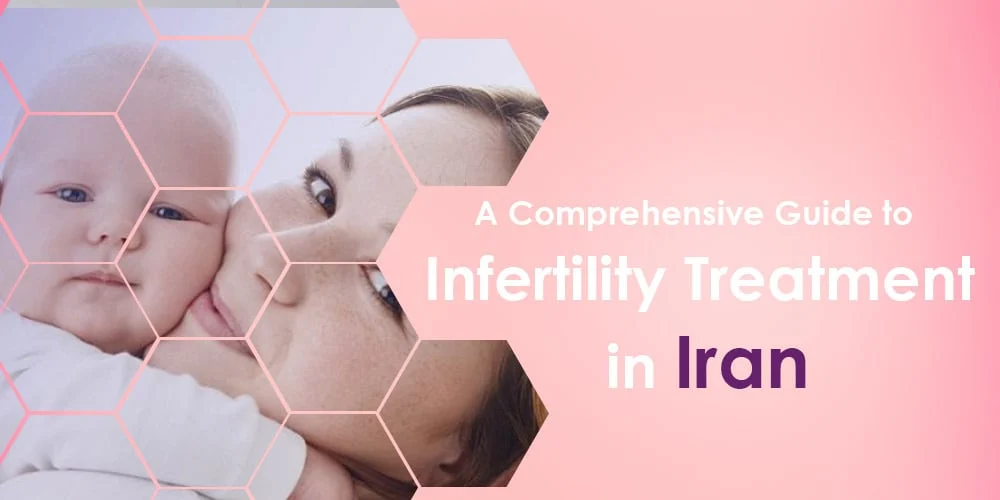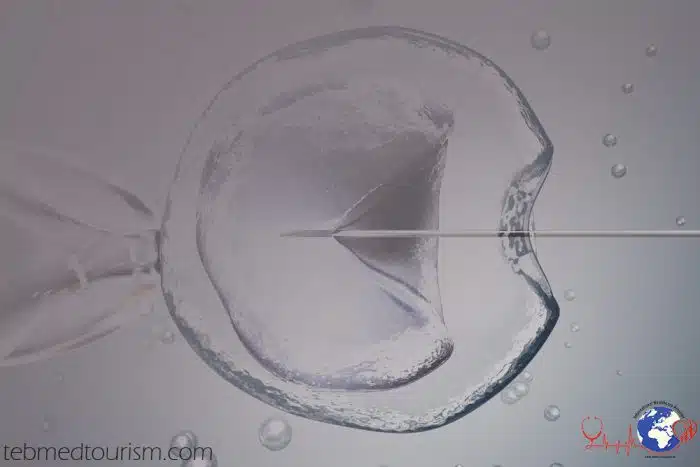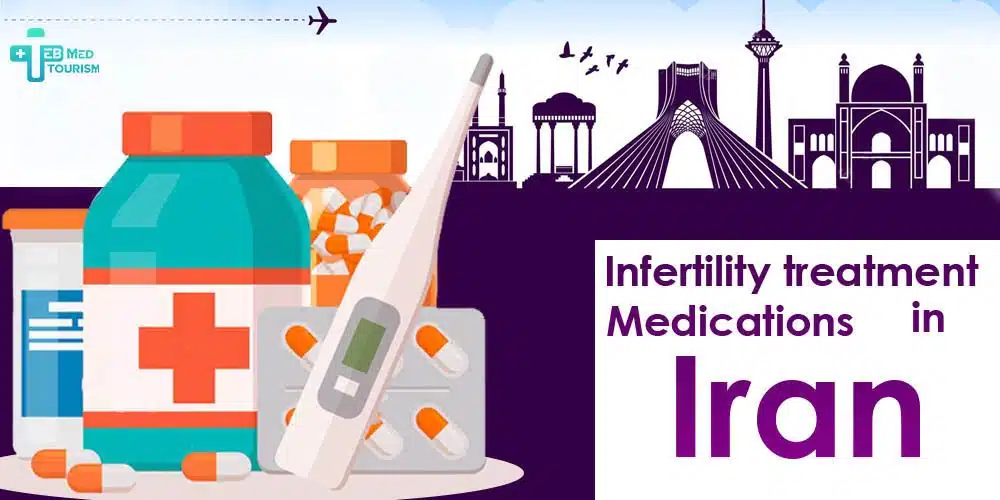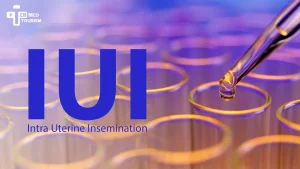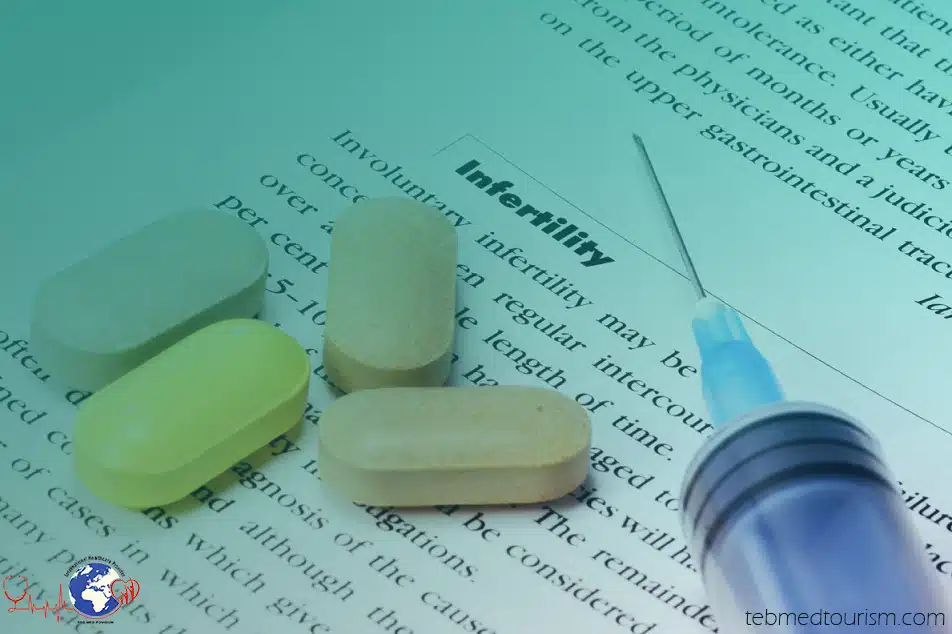
History of Infertility Treatment in Iran
Iran has experienced significant advancements in the field of infertility services, with notable progress from the 1980s to the early 2000s. During this period, the establishment of specialized clinics focusing on infertility treatments, including IVF, has been instrumental.
In fact, Iran achieved a major milestone in 1990 with the birth of its first IVF baby. Continuing its commitment to providing cutting-edge solutions, Iran has further developed high-tech infertility services since the early 2000s. Advanced assisted reproductive technologies (ART) such as IVF, ICSI, IUI, PGT-M (PGD), and PGT-A (PGS) have become increasingly accessible.
With over 80 infertility centers across the country, Iran now offers a wide range of diagnostic and treatment options for various infertility concerns. Among the providers of infertility treatments in Iran, TebMedTourism shines as a leading medical provider. Their comprehensive services encompass IVF, ICSI, surrogacy, gamete donation, and more.
Year after year, numerous international patients choose TebMedTourism due to its global reputation and impressive success rates. Notably, TebMedTourism collaborates with renowned fertility organizations like the Royan Institute and Kariminejad-Najmabadi Pathology & Genetics Center, further enhancing the quality of infertility treatment available.
Don’t miss the opportunity to explore the fascinating world of infertility services in Iran and the exceptional offerings of TebMedTourism!
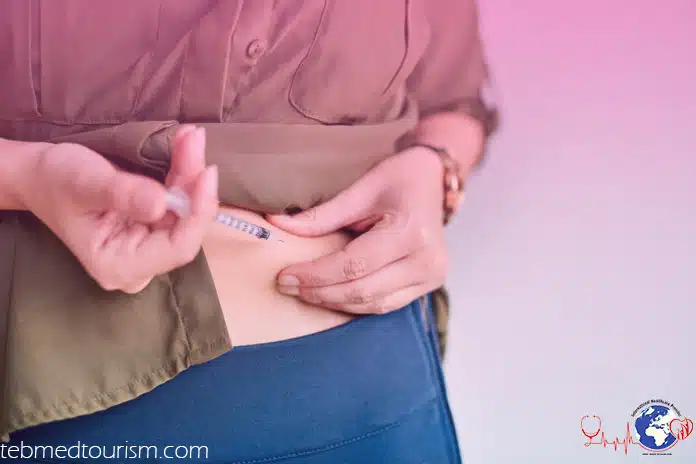
Infertility Treatment Methods in Iran
To combat declining population rates, multiple governments, including Iran’s, have implemented macro policies that encourage childbearing. In alignment with its strong emphasis on family foundations, the Iranian government recognizes and supports various infertility treatment methods such as IVF, ICSI, IUI, egg donation, surrogacy, PGD, PGS, and more.
Infertility treatment in Iran is on par with those available in other modern countries. Among the common infertility treatments provided in Iran are IVF, surrogacy, ICSI, PGD, PGS, egg donation, IUI, laparoscopy, hysteroscopy, and medication therapy. In Iran, the most commonly utilized methods for addressing infertility are as follows:
Watch the latest information about infertility treatments in Iran in the video below. If you’re looking for more, follow our YouTube channel and stay updated!
IVF
IVF is a widely utilized technique in assisted reproductive technology (ART) and is one of the most popular infertility treatments in Iran. The term “In Vitro” signifies that the process occurs outside the woman’s body, typically in a laboratory.
During IVF, eggs from a woman and sperm from a man are collected and united in a laboratory, after which the resulting embryos are transferred into the woman’s uterus.
The first successful IVF birth took place in England on July 25, 1978. IVF may be recommended to address various fertility challenges, including:
– Severe male factor infertility
– Blockage or damage to the fallopian tubes
– Polycystic ovary syndrome (PCOS)
– Advanced endometriosis
– Infertility related to age
– Genetic disorders
– IVF combined with preimplantation genetic testing (PGT) can be used to screen embryos for genetic abnormalities before transfer.
– Ovulation disorders when previous treatments have not been successful
– Unexplained infertility when other treatments have not been successful Moreover, IVF can be combined with other methods such as PGD, PGS, egg donation, sperm donation, and surrogacy to address different infertility issues.
Actually, we wrote detailed article about IVF, so we describe here briefly and if you want to know more about this topic, read our IVF in Iran article.
Surrogacy

Intracytoplasmic Sperm Injection (ICSI)
Discover the breakthrough solution for male-factor infertility—ICSI, an advanced technique within the realm of IVF. This revolutionary method has transformed the landscape of male infertility treatment, offering hope and possibilities for couples striving to conceive.
In ICSI, a game-changing procedure, a singular sperm is painstakingly injected directly into a fully mature egg. This precise approach bypasses barriers and maximizes the chances of fertilization, opening doors to parenthood that may have seemed closed before.
If you’re seeking effective solutions for male infertility, ICSI may be the perfect fit for you. Consider the following factors that make individuals excellent candidates for this groundbreaking treatment:
– Blockage preventing sperm ejaculation, such as vasectomy.
– Utilization of frozen sperm, particularly if retrieved surgically from the testicles or epididymis.
– Previous unsuccessful attempts with multiple IVF cycles.
– Unexplained fertility issues when other treatments like IUI and IVF have not yielded desired outcomes.
– Severe male-factor infertility.
– Oligozoospermia (low sperm count).
– Absence of sperm in semen but presence in testicular tissue through techniques like TESE or microTESE.
– Abnormal sperm shape and structure.
– Impaired sperm motility.
– Abnormal sperm development.
Egg donation and sperm donation
This is one of the most popular services in the field of infertility treatment in Iran. These services are illegal in many countries but many people need them to treat their infertility. Here, in Iran and by TebMedTourism, you can do these services both legally and with high quality.
Now, we tell you more about them: For successful egg donation, as an infertility treatment in Iran, it is advisable to select donors under the age of 35, typically ranging from 21 to 30 years old. Ideal Candidates for Utilizing Donated Eggs:
– Women with ovarian issues like low ovarian reserve, poor egg quality, premature ovarian failure, absent or congenital absence of ovaries.
– Women experiencing premature menopause.
– Women with genetic disorders.
– Fertility preservation in the context of specific health conditions such as cancer.
– Unexplained infertility.
In the case of sperm donation, it is recommended to choose donors between the ages of 18 and 45, ensuring they are healthy with good sperm quality. Ideal Candidates for Utilizing Donated Sperm:
– Male partners with a complete absence of sperm.
– Men with genetic disorders.
– Men with azoospermia (lack of sperm in semen).
– Women with a history of recurrent or multiple miscarriages.
– Unexplained infertility.
Exploring the extensive benefits and considerations of utilizing donor eggs or sperm awaits you in the rest of our text. We encourage you to delve deeper into this topic to gain valuable insights and determine the optimal path towards achieving your dream of starting or expanding your family.
Success Rates for Infertility Treatments in Iran
- For women under 35: The ICSI birth success rate is between 40-45% in each embryo transfer cycle.
- For women between 35-39: The ICSI birth success rate is 34.6% in each embryo transfer cycle.
- For women over 40: The ICSI success rate drops to 11.8% in each embryo transfer cycle.
Infertility Treatment Medications in Iran
The good news is that many cases of infertility can be treated by taking medication. Doctors may prescribe hormonal medications to help regulate ovulation for women or improve sperm production for men. Iran has become self-sufficient in the field of producing medications and equipment needed for infertility treatment in the last few years.
Infertility treatment in Iran; Cost 2024
| Infertility treatment service by TebMedTourism | Price |
| IVF + Embryo Transfer | 3500 $ |
| IVF + Egg Donation | 6000 $ |
| IVF + Gender Selection | 6000 $ |
| Surrogacy | 21000 $ |
| Surrogacy (Guaranteed package) | 21000 $ |
| ICSI | 3500 $ |
Frequently Asked Questions about infertility treatment in Iran 2024
- Can TebMedTourism get the visa for us? Yes, TebMedTourism as a medical tourism company, will get all items you need to do for infertility treatment in Iran, such as visa, accommodation, etc.
- What is the success rate of infertility treatment by TebMedTourism? TebMedTourism offers an impressive success rate in infertility treatment. With experienced specialists and a state-of-the-art laboratory, our IVF success rate reaches 57%. Additionally, we collaborate with renowned fertility organizations, further enhancing the quality of care provided.
- How much does IVF cost in TebMedTourism? It depends on whether assisted treatment such as egg donation or PGD is going to be used for you or not. Generally, our IVF costs is 3,500.
- How long do we need to stay in Iran after our surrogate mother’s childbirth? It completely depends on your home country. Your stay will be between one week and one month.
- How do I start my infertility treatment in Iran with your company? All you need to do at the first step is to contact us on WhatsApp to have a free private consultation with our expert. doctors any time of the day.
- How long will our IVF last in TebMedTourism? You should stay in Iran for 3-4 weeks from the initial consultation to the embryo transfer.
- What percent is the surrogacy success rate in Iran? The success rate of implantation in surrogacy is around 60% to 80%. and once the gestational carrier is pregnant, the success rate of a healthy pregnancy is above 90%.
- Why would we choose TebMedTourism among other fertility centers? Free online consultations, affordability, providing non-medical services such as visa, the internet, and accommodation, having no waiting lists, good documentation, international authentication, having attorneys aware of surrogacy laws, and qualified surrogate mothers are reasons for TebMedTourism’s privilege privilege to other medical centers.
- How long should stay in Iran for infertility treatments? You should stay in Iran for 3-4 weeks from the initial consultation to the embryo transfer and post embryo transfer procedure such as recovery.
- Why would we choose TebMedTourism among other fertility centers for doing infertility treatment in Iran? Get ready for the ultimate experience with TebMedTourism! Our online consultations are completely FREE and services go beyond just medical treatment. we’ve got you covered with everything from visa assistance to accommodation arrangements, ensuring a hassle-free journey.
No need to wait in long queues because TebMedTourism believes in prompt service. Our clinic has excellent documentation and international authentication, ensuring a smooth process. TebMedTourism is well-versed in surrogacy laws, providing you with peace of mind. And let’s not forget their impressive roster of qualified surrogate mothers! TebMedTourism truly stands out from other medical centers, giving you the privilege of an extraordinary experience for doing infertility treatment in Iran.







